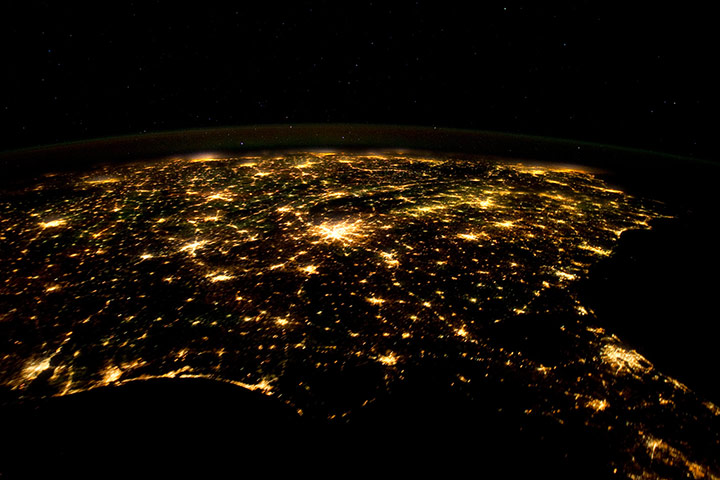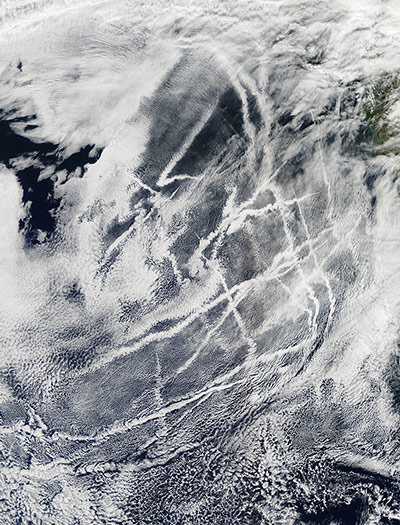At work there's a new, healthy vending machine. Instead of chocolate bars and crisps it has milk, fruit juices, smoothies and other things.
I've been working my way through a few of them. So far I've had dried apple crisps and a Nakd Cocoa Orange bar, which is quickly becoming my favourite work snack. It's gluten, wheat and dairy free and so it's vegan too. I don't know why but being vegan always makes food sound healthier. This bar does look quite healthy, it counts as one of your five daily portions of fruit and veg. It's made from 40% raw dates, 40% raw cashews, 14% raw raisins and 5% cocoa with a hint of orange and chocolate flavour. All the ingredients are cold pressed together, so it hasn't even been cooked.
There's lot of talk about nature on the packet, with a picture of a bee and comments like "nature is nicer" and ""nature loves you". There's even a link to the Animal Aid website on the back of the packet. It feels like this product should be eco-friendly as well as healthy for you, but is it? It's true that being vegan uses less resources as you don't use up land growing or keeping animals for food. But other than that I can't see any green credentials. There's no sign of where the food's grown (just that the bar is made in Britain), how it's transported or whether it promotes sustainable farming and production.
It's easy to think that good for you means good for the environment but many healthy foods carry a big carbon footprint. Salads grown abroad in greenhouses, then flown back to our shops to keep them fresh for example. But that doesn't mean that all healthy foods are bad for the environment. Eating organic, local foods means you'll east seasonally (so get lots of variation in your diet), you won't be consuming pesticides and chemicals left on the food from farming and the food will be fresh, because it doesn't have to travel as far to get to you. No matter what the branding or marketing of a product, just because it looks wholesome and nice doesn't mean its good for the environment, unless it has certified credentials that can be check. Don't fall into the branding trap.
I think I'll still be buying the Nakd cocoa orange bars at work, but I'll try to keep in mind that healthy doesn't always mean green from now on.
.jpg)













